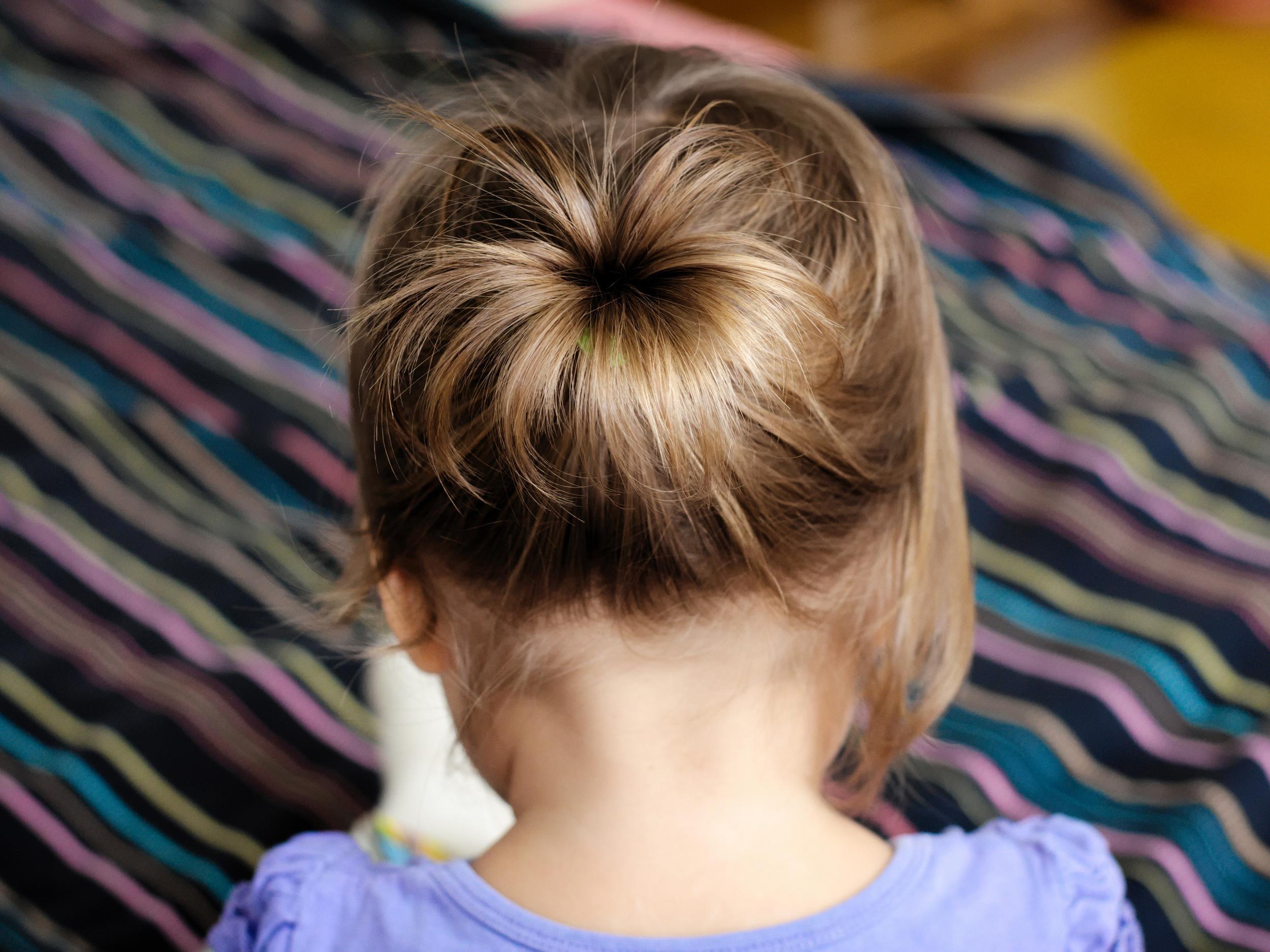We shouldn’t care that a Muslim family fostered a Christian child – a safe environment is better than a familiar one
Safeguarding children is more at risk from this underfunding than it is from cultural mismatches


Your support helps us to tell the story
From reproductive rights to climate change to Big Tech, The Independent is on the ground when the story is developing. Whether it's investigating the financials of Elon Musk's pro-Trump PAC or producing our latest documentary, 'The A Word', which shines a light on the American women fighting for reproductive rights, we know how important it is to parse out the facts from the messaging.
At such a critical moment in US history, we need reporters on the ground. Your donation allows us to keep sending journalists to speak to both sides of the story.
The Independent is trusted by Americans across the entire political spectrum. And unlike many other quality news outlets, we choose not to lock Americans out of our reporting and analysis with paywalls. We believe quality journalism should be available to everyone, paid for by those who can afford it.
Your support makes all the difference.If you visit a primary school in London’s East End, the chances are you will see a diverse community of children bonding with each other, happily learning together and eating fish fingers alongside each other at lunchtime.
Sadly, as these children grow, they will be introduced to the stereotypes that adults have developed and that you read about in the tabloid press. You know the kind of thing: Muslims want to abolish Christmas for everyone else; if you pray in a mosque rather than a church you must be waging a war against anyone with different beliefs and lifestyles.
The latest incident to tap into these stereotypes is the story about foster care in Tower Hamlets that has adorned newspapers’ front pages in the last week. We are told that a five-year-old white, Christian child was placed with a non-English-speaking, mixed-race Muslim family who confiscated her crucifix necklace.
For one thing, it should have been obvious that claims about the family not speaking English could not be right. While a foster carer might not speak English as their first language, they are required to have a good level of spoken and written English to be able to communicate with other professionals, support children’s education, make notes and keep records.
But even putting that aside, it seems extraordinary that disputes over the welfare of a child should be played out in public and used as a way to smear Muslims whose only interest in becoming foster parents is to look after children who need safety and security. The fact that a court has now found a family member with whom the child can live safely should not blind us to the fact that some commentators have used this case for ulterior purposes, as a chance to bash immigrants.
Foster children are often highly vulnerable; perhaps orphaned, neglected or with ill parents, so desperately need to feel secure. Of course a foster placement should be sensitive to a child’s ethnicity, culture and religion. But this doesn’t mean that foster parents are required to share the child’s racial or religious background. The child’s safety, security and geographical location are ultimately more important than a shared religion.
A Muslim friend of mine, whose mother suffered from severe illness, was placed with a white Christian family when she was 7-years-old. There were other children there from different religious and ethnic backgrounds. They lived with dogs and my friend watched them live and pray their way. The family used to eat bacon, whilst still catering for the needs of their foster children; my friend used to eat fish fingers, beans and mash. It was a happy and successful placement.
In the present case, it is plain that the fact of the foster family being Muslim immigrants is key to the criticism it has engendered. If a child were placed with a bi-lingual family who started teaching the child a language other than Arabic, such as German or French for example, would there have been as much controversy? Likewise, there has been a focus on the child in the current case not being used to the food her foster family prepared. Yet Mumsnet is full of stories of mums preparing different meals for their birth children, under the heading “Fussy Eaters”. We should not write “cultural differences” into fostering when carers are just experiencing routine parenting issues.
Children are not born with prejudices, so they mix happily. In Tower Hamlets, a white child’s babysitter might be her white, UK-born auntie; or a teenage girl of Bangladeshi origin who lives next door and does her homework after the child has gone to sleep; or even a Polish student who is funding her studies. Families are part of the wider, mixed community in their immediate locality: the “Hamlets” are village-style communities, not ghettos.
Fostering, particularly short-term fostering, is likely to be mixed in this environment. One Muslim woman has publicly described her fostering of both Muslim and non-Muslim children as a positive parenting-style experience – with difficulties arising only when adults, particularly strangers, found it uncomfortable to see an Asian adult out in public in charge of a white youngster.
What is particularly shameful about much of the coverage of the current case is there are many examples of Muslim children being fostered by non-Muslim families due to a shortage of Muslim foster carers. To date, no mainstream newspaper has called this out as a scandal.
Earlier this month, the Local Government Association warned that children’s social care is at breaking point after the latest round of Government funding cuts. Safeguarding children is more at risk from this underfunding than it is from cultural mismatches.
When it comes to Tower Hamlets there are particular problems. Ofsted recently found its children’s services to be so inadequate that officials seemed sometimes unaware whether kids in care had been trafficked or abandoned by their parents. This is where we should focus our ire: on cuts to our public services, and officials not doing their jobs well enough, not on volunteers trying to help kids from dysfunctional situations.
Britain must come to terms with the fact that we are a multicultural society. We should be concentrating on the positive aspects of being such a diverse society, not exploiting our differences to keep us apart – nor discouraging people from undertaking the invaluable role of becoming a foster parent who can make a huge difference to a child’s life.
Rabina Khan is a Bangladeshi-born British writer, politician, councillor for Shadwell and former Cabinet Member for Housing in Tower Hamlets Council
Join our commenting forum
Join thought-provoking conversations, follow other Independent readers and see their replies
Comments